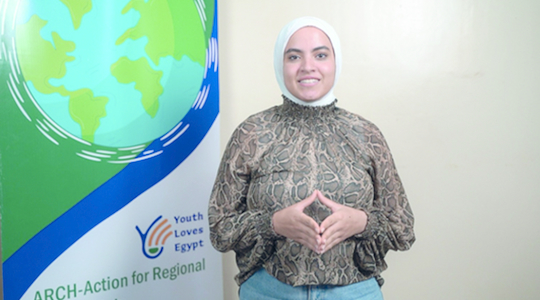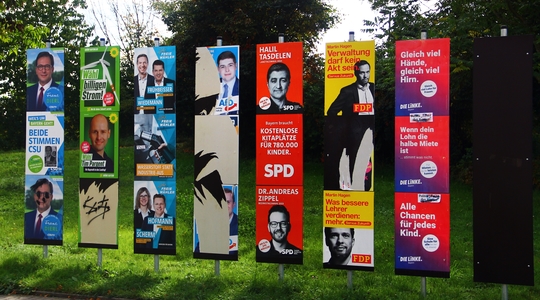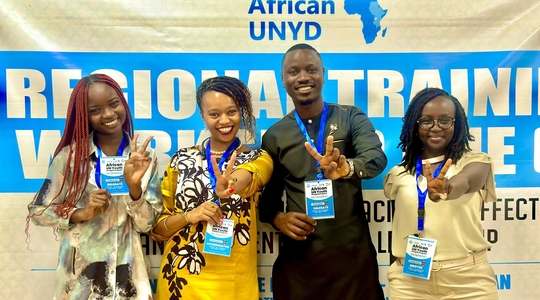Muckenfuß explained that CRISP's approach involves creating simulation games that simulate real-life political and social challenges. These simulation games feature various stakeholders, and participants take on these roles. The goal is to enhance participants' understanding of conflicts and inspire them to develop local initiatives and activities for conflict resolution. CRISP provides a so-called "political laboratory" where different interventions are tested, and the resulting initiatives support peace-building efforts.
One of the major challenges faced is the need to represent complex problems in a playful manner. The team at CRISP works diligently to define the learning objectives and ensure that participants gain valuable insights from each game.
Andreas noted that while they primarily focus on political education, gaining access to schools in Germany as an external organization can be challenging. They usually require intermediary organizations to facilitate their entry. However, in other countries, they find it easier to collaborate with schools. For example, CRISP conducted 90 workshops using the developed simulation games to involve children and teenagers in the constitutional process in Chile.
Despite CRISP's valuable work, funding for political education remains a persistent challenge. When asked about communication in multiple languages, Muckenfuß highlighted that the organization collaborates with official institutions, and the games are conducted in the respective languages. The simulation game development is a collaborative process with local partners.
Andreas also mentioned the varying levels of acceptance for their approach, stating that in Germany and Europe, people understand the value of simulation games as educational tools. However, in other countries, they face skepticism and need to convince stakeholders of the benefits.
Looking ahead, the CRISP organization's goals are centered around the nonprofit mission, emphasizing intercultural understanding and harmonious coexistence over profit. The focus is on fostering awareness and cooperation on global issues in the years to come.
We are very grateful to have the opportunity to be a part of Spieleschmiede and discuss the simulation games method. We look forward to further discussions on these topics!
You can watch the interview HERE. Andreas' part starts at 05:36. Enjoy!



